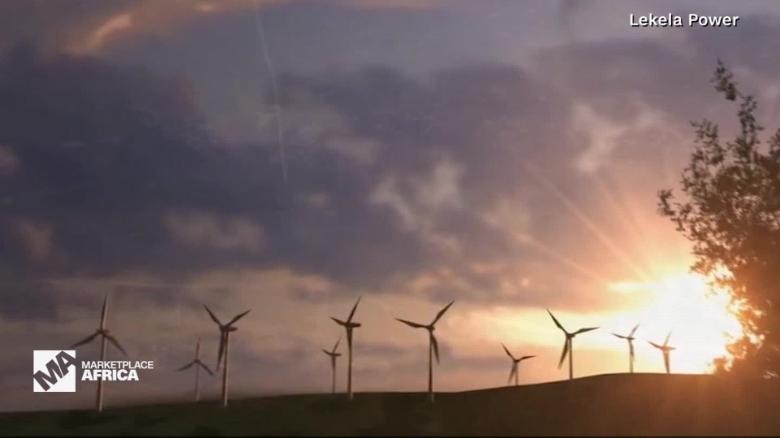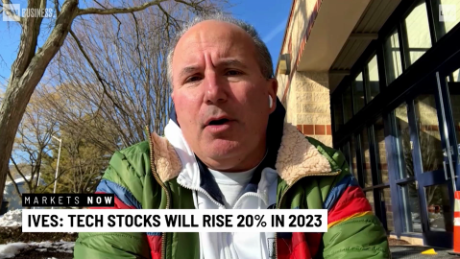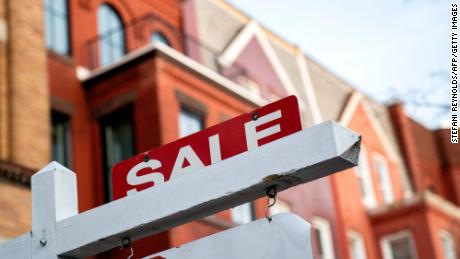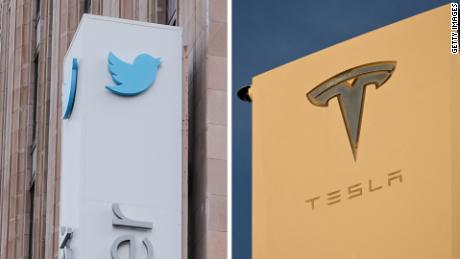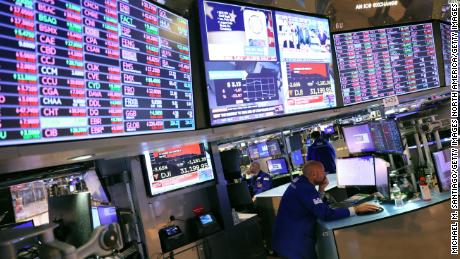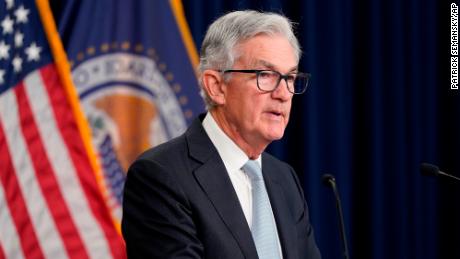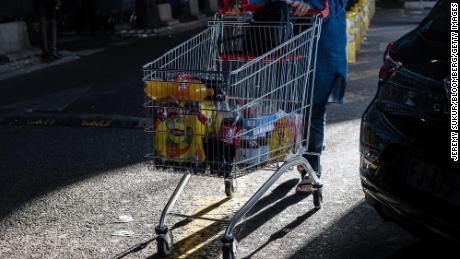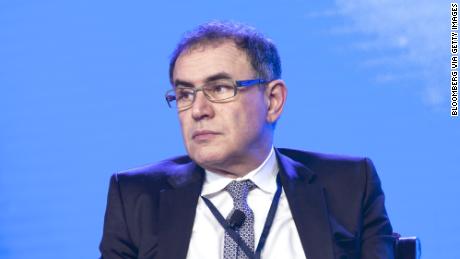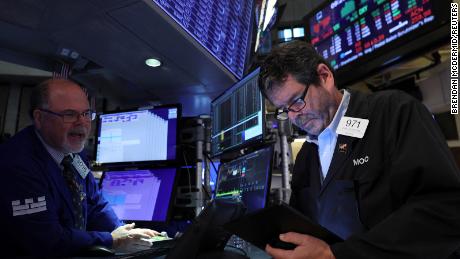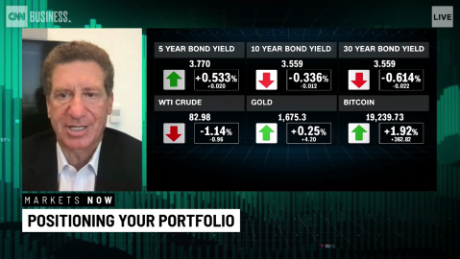A version of this story first appeared in CNN Business' Before the Bell newsletter. Not a subscriber? You can sign up right here.
London (CNN Business)What a difference a month makes. Oil prices ŌĆö after dropping to historic lows in April ŌĆö have moved away from the cliff edge, pushing higher as demand for energy picks up, more producers keep crude in the ground and concerns about insufficient storage ease.
What's happening: West Texas Intermediate futures, the US benchmark, were last trading above $32 per barrel, having gained more than 70% this month. Brent crude futures, the global benchmark, were last trading at $35 per barrel, a 39% monthly rise.
Prices are still extremely depressed ŌĆö Brent crude futures were trading near $69 per barrel at the start of the year. But it's clear that the process of rebalancing supply and demand is underway.
"We are now at a stage of more stability in the market," Paola Rodriguez-Masiu, senior oil markets analyst at Rystad Energy, told clients Wednesday. "Market volatility with huge daily swings would be unexpected and unjustified."
Still, some on Wall Street are worried that the comeback has been too swift, and could cause further damage down the line.
UBS analyst Giovanni Staunovo said in a research note Wednesday that he believes inventories at the US storage hub in Cushing, Oklahoma likely peaked in early May. Meanwhile, record cuts launched by OPEC and its allies earlier this month, along with voluntary cuts by other producers, have helped reduce the supply glut as some restrictions on movement are lifted.
This supports higher prices. But Staunovo is concerned that the rally could "prove self-defeating," since it's likely to encourage some producers to ramp up output again.
The trajectory for oil demand also remains hugely uncertain, even as lockdowns are loosened.
"While gasoline demand has staged a strong recovery as people go back to work, there are still several unknowns regarding the extent to which oil demand will ultimately recover," Staunovo wrote.
Policymakers around the world have voiced their own concerns in recent days about the nature of the eventual economic recovery.
UK finance minister Rishi Sunak said Tuesday that it's not obvious there will be an "immediate bounce back" for the UK economy after the coronavirus pandemic recedes.
It will "take time for people to get back to the habits that they had," he added.
Asia's richest man is trying to build the next global tech giant
Mukesh Ambani wants to build the next global technology company. And if he plays his cards right, his mobile carrier and tech juggernaut JioPlatforms could soon hold rank alongside Google, Amazon, Alibaba and Tencent, my CNN Business colleague Sherisse Pham reports.
JioPlatforms already has an ecosystem of apps ŌĆö which features everything from online grocery shopping to video streaming ŌĆö that it serves to the 388 million people subscribed through the Reliance Jio mobile network in India.
Now, Asia's richest man is getting even more ambitious. In the span of a few weeks, he's amassed a $9 billion war chest from Facebook and A-list American investors to fuel the next phase of his domination of India's internet, the fastest growing in the world.
Ambani "definitely [wants JioPlatforms] to be more than just a telecom company. They want to be the next Google or Tencent of India," Wylie Fernyhough, an analyst with PitchBook, told Sherisse.
The "ultimate goal," according to Counterpoint Research analyst Tarun Pathak: to become everything to every Indian, and build an indispensable platform for the country's hundreds of millions of internet customers.
Watch this space: The Facebook partnership is still awaiting regulatory approval, and Facebook has pushed back on the idea that it is helping Ambani build a "super app," noting that the two companies will continue to operate separately in India. But the collaboration gives both parties new clout in India's massive market.
The takeaway from Moderna's vaccine reality check
On Monday, investors were euphoric: the S&P 500 shot up 3.2%, helped by the news that a coronavirus vaccine developed by Moderna showed positive early results. Moderna (MRNA) shares skyrocketed 20%.
Tuesday was a different story. Health news site Stat reported that several vaccine experts saw the enthusiasm as premature, noting that "there's really no way to know how impressive ŌĆö or not ŌĆö the vaccine may be" based on the data provided by the company. It noted that the National Institute for Allergy and Infectious Diseases, which has partnered with Moderna on the vaccine, had stayed silent.
The market reaction: Moderna's stock dropped more than 10%, and the S&P 500 shed 1.1% as investors sought to lock in recent gains.
The volatility reflects the extent to which Wall Street is pinning its hopes to a vaccine or coronavirus treatment as countries start to reopen their economies. It's also a reminder that the shares of drugmakers involved could continue to see big moves in both directions.
On the radar: Moderna is now valued at an eye-popping $26.6 billion, though Stat notes it doesn't sell any products. And even though Gilead Sciences' experimental remdesivir treatment was approved for emergency use in the United States, its shares have dropped sharply this month.
Up next
Target (TGT) and Lowe's (LOW) report results before US markets open. Expedia Group (EXPE) and L Brands (LB) follow after the close.
Also today:
- The latest data on US crude oil inventories arrives at 10:30 a.m. ET.
- Minutes from the Federal Reserve's April meeting post at 2 p.m. ET.
Coming tomorrow: US initial unemployment claims for the past week. Another 2.4 million Americans are expected to have filed for their first week of jobless benefits.

